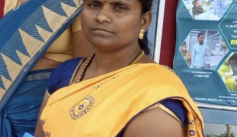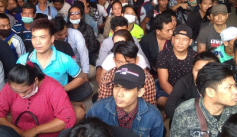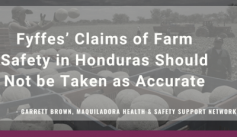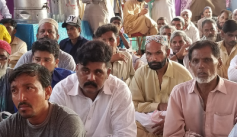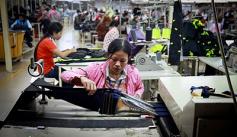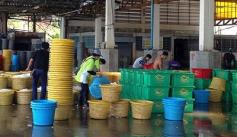Blog: Health & Safety
September 25, 2023
A World Cup for Workers: Fighting for Labor and Human Rights
March 21, 2022
COVID-19 Impact on Migrant Workers in Thailand
March 27, 2020
When ‘business as usual’ costs lives: workers in Pakistan call for a binding safety agreement
November 11, 2019
Families and Labor Leaders Observe 6th Anniversary of Ali Enterprises Fire
September 11, 2018
Pages
Browse blog by issue
- Child Labor (223)
- Forced Labor (35)
- Gender-Based Violence and Harassment (102)
- Health & Safety (38)
- Living Wage (18)
- 1 of 2
- next ›
Browse blog by country
- Bangladesh (39)
- Cambodia (3)
- Colombia (2)
- Cote d’Ivoire (7)
- Ghana (5)
- 1 of 4
- next ›
Blog archive
- March 2025 (2)
- February 2025 (1)
- October 2024 (1)
- August 2024 (1)
- June 2024 (1)
- March 2024 (1)
- February 2024 (1)
- September 2023 (2)
- March 2023 (2)
- February 2023 (1)
- 1 of 17
- next ›
